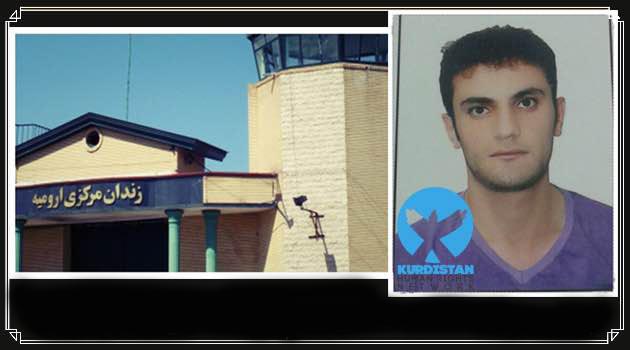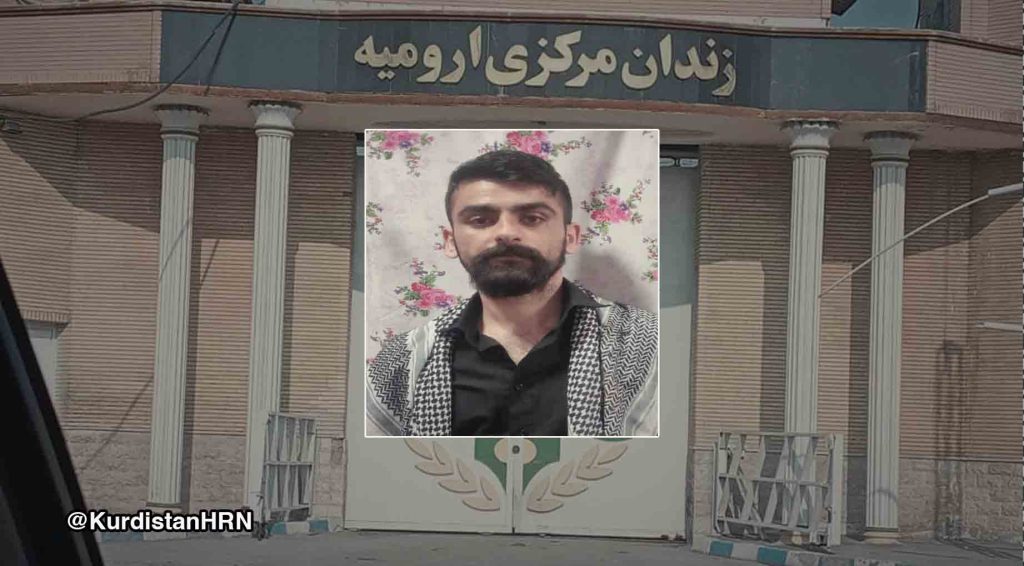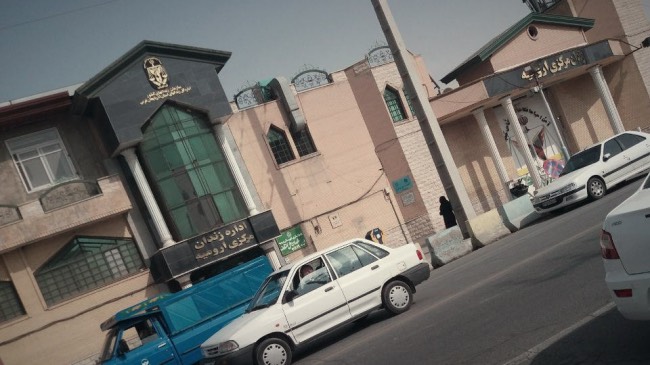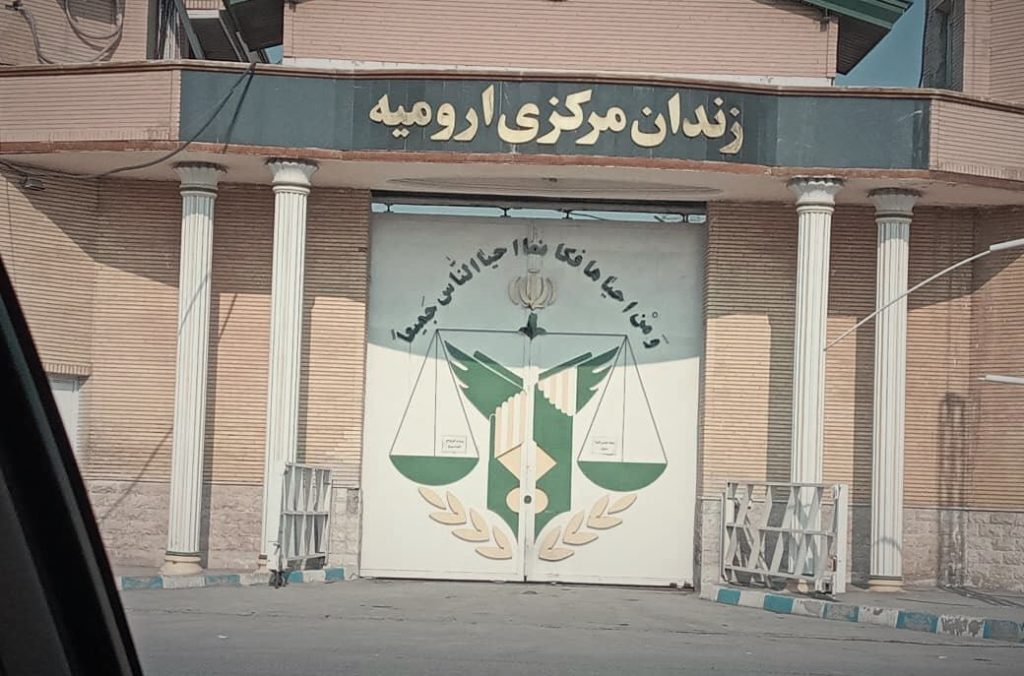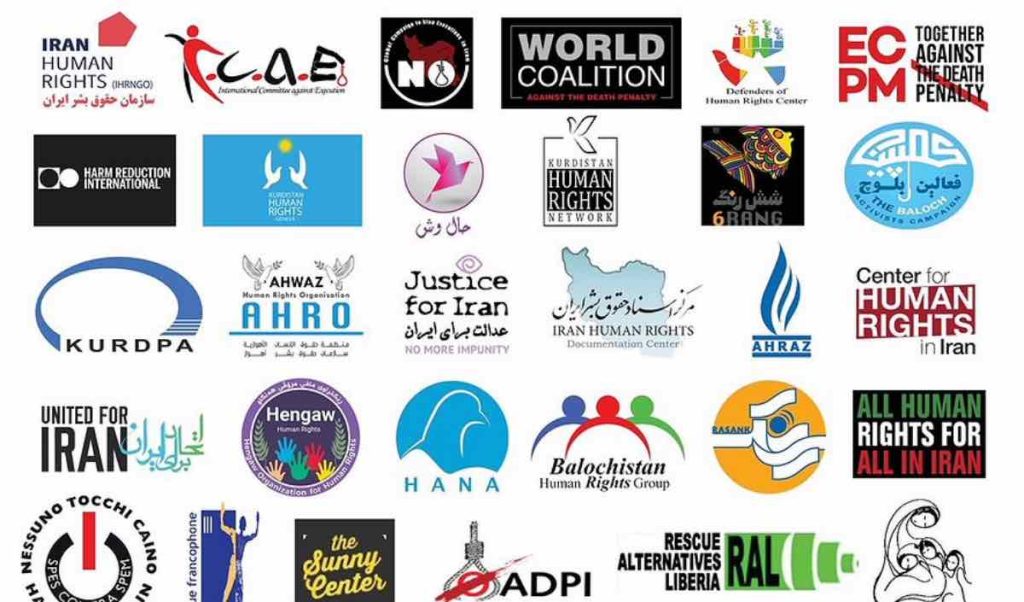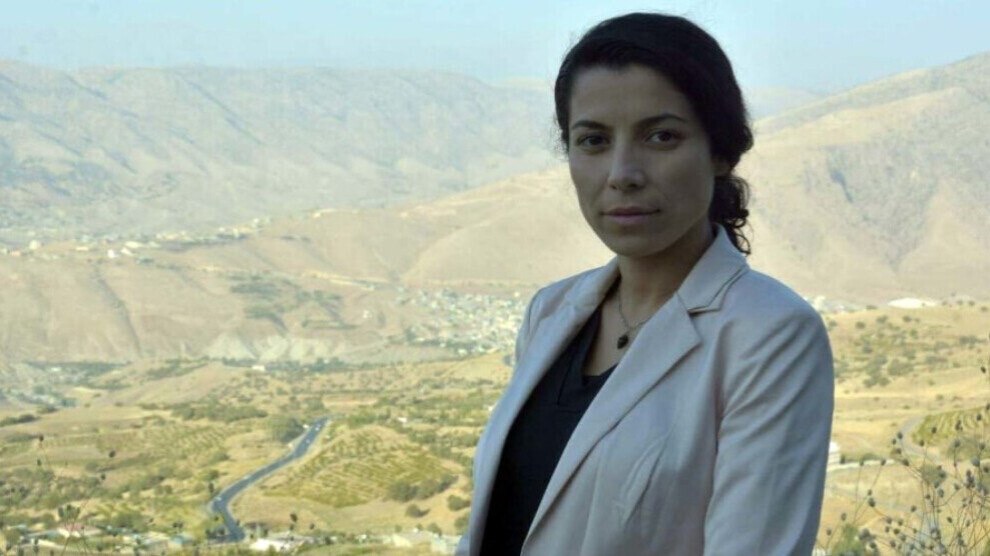During the past few days, Saman Naseem, a Kurdish political prisoner detained at Orumiyeh Central Prison, was transferred to the office of Orumieh Forensic Medicine to be examined with respect to his mental health and maturity.
“On Wednesday, Dec 20, 2017, Saman Naseem was transferred from Orumiyeh Central Prison to the office of Orumiyeh Forensic Medicine where a panel of five trusted medical doctors questioned him while his lawyer was not present.”, an informed source told Kurdistan Human Rights Network (KHRN).”
“Again, the majority of physicians’ questions concerned the age, year, volume and weight measurement units. For instance, how many meters a kilometre is and if he will kill someone or not in case he finds a gun.”, the source explained said regarding the content of the questions raised by doctors who examined the status of rational growth and maturity of this political prisoner
According to the source, “In the past year, this political prisoner has been transferred several times to the office of Orumiyeh Medical Forensic Examination and has been examined by a three-member delegation. However, due to lack of consensus among the panel members, Judge Arabi Baghi (Head of Branch 12 of Criminal Court) referred the case to a five-member delegation. “, the source continued.
The last trial of this political prisoner was held on June 2 with the presence of a Three-person panel of Forensic Medicine at the branch 12 of Orumiyeh Criminal Court and the Judge referred the case to the office of Forensic Medicine again. Over the past few years, the possibility of enforcement of death penalty for Saman Naseem has caused many international reactions. Currently, the susceptibility of this case has become a political game between the Islamic Revolutionary Guard Corps and Rouhani’s government in Kurdistan.
He is suffering from a very bad psychological pressure due to being severely tortured during his arrest and transfer to the Enforcement of Office (Ejraye Ahkam) for execution in February 2015 in addition of tolerating three year of uncertainty about his situation.
Naseem was born on 20 September 1993 in Mariwan. He was arrested at the age of 17 in the border town of Sardasht on 18 July 2011 by IRGC forces.
He detailed his situation in prison in a letter made public in February 2015. The letter read: My arrest was the beginning of 97 days of torture and sufferings. During this period, I was tortured every day with everything. In the early days the torture was so brutal I was unable to walk afterwards. All my body was black and blue. They hung me upside down with my arms and legs tied to the roof for many hours. During interrogations, I was always blindfolded and unable to see my torturers. They used all the inhumane and illegal methods to obtain a confession from me. They repeatedly said that they had arrested my family members and relatives too, my parents and my brother included. They also said that they would bury me with like they did to my comrades. They told me that they would kill me right there and put cement on my grave.”
Regarding his death sentence, he wrote: “I was actually being sentenced to death based on a ‘confession’ that had been pre-written. After receiving a death sentence from the Mahabad Court on 16 February 2013, I was transferred to Orumiyeh central prison, where I once again faced brutality and intimidations. The Supreme Court upheld my death sentence after two years. The prospect of retrial is unclear and because my sentence was issued as a final verdict, I could be executed at any moment. ‘
In December 2013, the capital punishment was confirmed by the Supreme Court and Naseem’s lawyer was informed that the execution was scheduled to be carried out on19 February 2015.
On 17 February 2015 Naseem and five other death row prisoners (Sirwan Nejawi, Younes Aghayan, Habib and Ali Afshari, Ebrahim Issapour), who were imprisoned together in Oroumiyeh prison, were separated and transferred to different prisons.
Afshari and Habib were transferred to Qazvin prison, Naseem and Aghayan to Zanjan prison, Nejawi and Issapour to Tabriz central prison.
From Zanjan prison, Naseem and Aghayan were transferred to the detention centre of the Iranian intelligence agency and they were detained in solitary confinement cells.
They were denied any rights of communication with their family and relatives for 120 days.
Their families were not informed about their fate and whereabouts.
Officials said both of them were at imminent risk of execution.
Naseem had asked to be executed as soon as possible on several occasions to put an end to this endless nightmare of being at the solitary confinement cell, the uncertainty about his fate and being denied the right to communicate with his family.
After this period, which lasted four months, Naseem was sent back to Zanjan prison.
On 11 July 2015, five months after his disappearance at the hands of Iranian authorities in the most secretive way, he was allowed to call his family to inform them about his detention in Zanjan prison.
On 19 September 2015, he was transferred to Orumiyeh prison where he has since been imprisoned.

